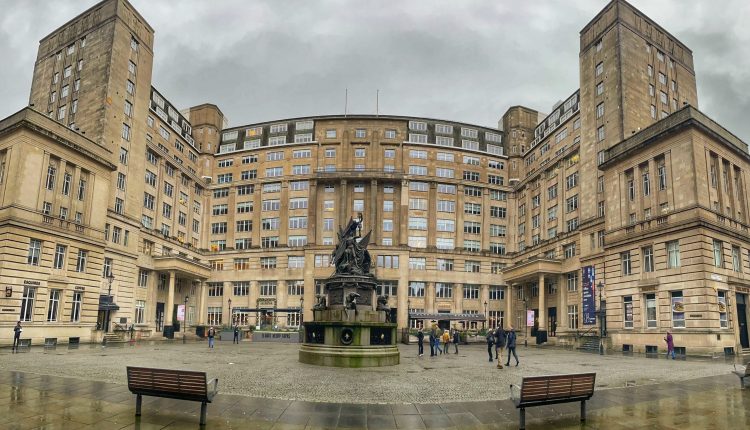Brabners partners share profits of £15.7m
Partners at Liverpool law firm Brabners share profits of £15.7m as annual revenues rise 15.5% to £46.8m. Tony McDonough reports

Partners at Liverpool law firm Brabners will share profits of £15.7m – a rise of more than 10% on the previous year.
Brabners, which also has offices in Manchester, Preston and Leeds, has filed its annual account for the 12 months to April 30 2023. The reveal a 15.5% rise in annual revenues to £46.8m.
During the accounting period there were 70 partners at the firm, which has its headquarters in Exchange Flags in Liverpool’s. Average payout per partner is £199,000 with the highest-paid partner pocketing £426,000.
In July 2023, Brabners, which employs more than 350 people, revealed it has advised on more than £475m worth of corporate deals in the first half of 2023. It supported 85 deals with an average value of more than £5.5m.
Its 50-strong corporate team, one of the largest in the North of England, supported a range of transactions including Manchester Airport Group’s acquisition of ParkVia, which provided an exit for investor Mercia.
In the annual report Brabners said: “Turnover increased in the year… reflecting the outcomes of an investment-led approach, as well as the diversity of the firm’s practice: offering a full range of legal services to commercial businesses, charities and social enterprises and private individuals.
“The members (partners) regard these results to be satisfactory and believe they provide a strong foundation for the future.”
READ MORE: COVID leads to permanent change at law firm Morecrofts
READ MORE: Cyber attack rounds off turbulent year at Napthens
Since 2022, Brabners has committed to a target of providing 365 days of pro bono advice. Pro bono work is treated equally to fee-paying work as regards fee earner chargeable time targets.
And, as part of its sustainability drive, the firm is also committed to reducing the number of non-electric car journeys by staff. Brabners says its flexible working approach, allowing staff to split their time between homes and office, was helping to reduce commuter miles.

